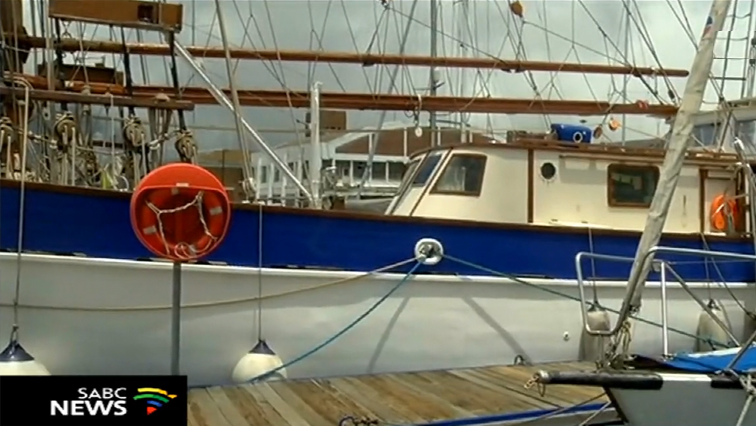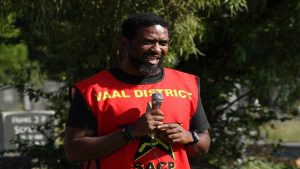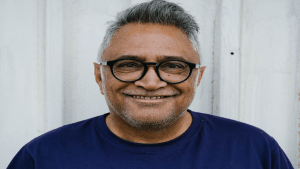There is no place left in the world’s oceans where plastic is not found. This is one of the unsettling findings of the nearly five year long Ocean Mapping Expedition of the Swiss Pacific Foundation.
Navigating the Southern Hemisphere’s oceans, a number of scientists conducted studies about micro plastics and the impact of noise pollution on marine life, among others.
The expedition vessel, Flower of Passion is currently docked in Cape Town.
The Flower of Passion is a 33 meter long vessel used as a minesweeper during the Second World War.
But it’s now a floating research vessel, sweeping the oceans to study human impact.
For the first time ever, a study was made about the impact human-generated noise such as cargo vessels, have on sea life.
But the study also found man-made noise is impacting on animals such as squid, which have no ears.
Dr. Michel Andrè, Laboratory of Bioacoustic Applications: Barcelona says: “They have theses organs that enable them to maintain their balance in the water and structure of these organs are very similar to our inner ear and when you expose them to some sounds you find the same acoustic trauma as you find in marine mammal ears to intense sound, and this, in that animals make them unable to find their prey and after a few days they die.”
Along the route samples were taken to test for micro plastic. 108 of these samples have been processed and 92% contained plastic.
Samuel Gardaz, Co-Foudner: Fondation Pacifique says: “We all receive beautiful images of the world trying to sell us beautiful locations and so on, but this is actually becoming more and more fake because when you really travel for example on very remote islands away from villages, the beaches are littered by a huge amount of plastic which is amazing.”
In partnership with Cape Nature, the foundation welcomed four South African youngsters who spent seven days aboard the vessel.
Travelling from Knysna to Mossel Bay, they participated in scientific experiments.
Kyle Saville, Ocean Mapping Expedition Participant says: “One of the scientists said that you can take a sample anywhere in the ocean today and you will find some sort of plastic and that was really shocking for me so it’s not just near cities and towns, it’s everywhere.”
The expedition will depart for the final leg of the journey to Spain in February.
WATCH BELOW:






